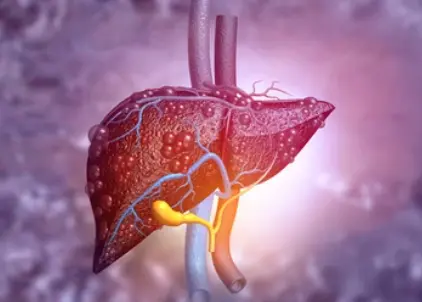 Welcome
Welcome
“May all be happy, may all be healed, may all be at peace and may no one ever suffer."
Oral candidiasis/Thrush - Generics
Oral candidiasis, also known as thrush, is a fungal infection caused by Candida species, particularly Candida albicans, that affects the mucous membranes of the mouth and throat. Thrush can occur in both healthy individuals and those with weakened immune systems.
Symptoms of oral candidiasis include white patches on the tongue, inner cheeks, roof of the mouth, and throat, as well as soreness, difficulty swallowing, and a burning sensation in the mouth. In severe cases, thrush can spread to other parts of the body, such as the esophagus, causing pain and difficulty swallowing.
Risk factors for oral candidiasis include a weakened immune system due to diseases such as HIV/AIDS, cancer, or diabetes, as well as the use of certain medications, such as antibiotics, corticosteroids, and chemotherapy drugs. Other risk factors include poor oral hygiene, smoking, and wearing dentures.
Treatment for oral candidiasis typically involves antifungal medications, such as topical creams or oral medications, as well as lifestyle changes to improve oral hygiene and strengthen the immune system. In severe cases, hospitalization and intravenous antifungal medications may be necessary.
Prevention of thrush includes maintaining good oral hygiene, quitting smoking, avoiding excessive alcohol consumption, and maintaining a healthy diet. People with weakened immune systems should take extra precautions to prevent thrush, such as avoiding contact with people who are sick, washing their hands frequently, and avoiding shared objects that may be contaminated with the fungus.

Cirrhosis

Acute sore throat

Prophylaxis of clotting i...

Joint pain

NSAID-induced ulcers

Cracked and itchy skin

Typhoid fever

Cholecystography
Oral candidiasis, Thrush, মৌখিক ক্যান্ডিডিসিস, থ্রাশ
To be happy, beautiful, healthy, wealthy, hale and long-lived stay with DM3S.